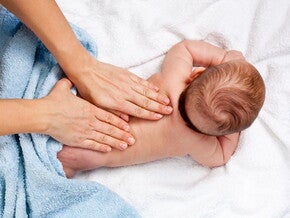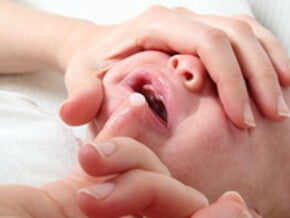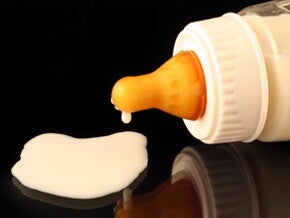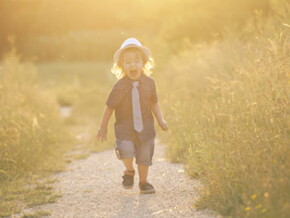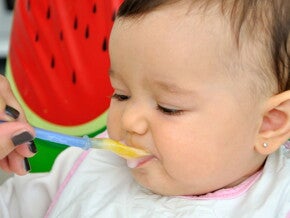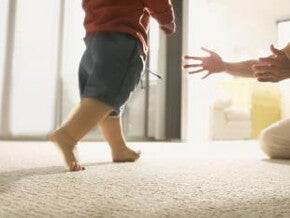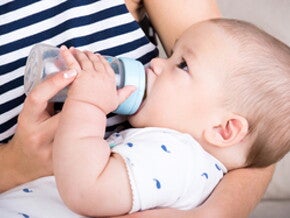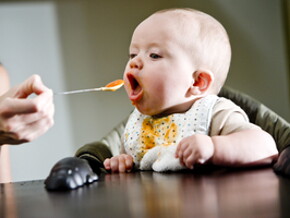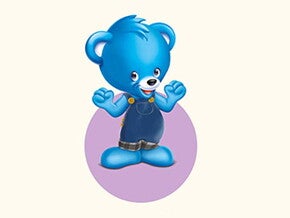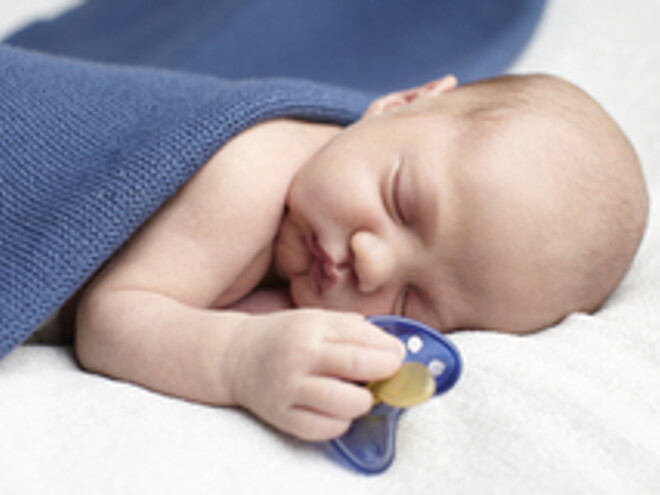
The Do's And Don’ts Of Baby Pacifiers
Soothers: A User's Guide For New Mothers!
Sucking is a normal part of early childhood. It is seen by the experts as a normal behavior that soothes little babies, comforts them, helps them relax and gives them a sense of security. For this reason, pacifiers can be an important and clever solution for babies who got the sucking habit whilst in the womb and maintained it after birth, especially between breastfeeding sessions.
So if you think of using the pacifier as a way to soothe your baby or meet his natural need for sucking, you surely have a good point and the result will be amazing for both you and your child. But it’s important not to let the pacifier interfere with your baby’s breastfeeding or be an alternative to your love and care. It is also important to prevent him from the potential complications of this soothing device that may negatively affect his teeth, jaws and palate, by just weaning him off it (if he didn’t let go of it on his own between age 2 and 4) and following these safety rules:
- Choose a one piece baby pacifier made of natural soft rubber or silicone that do not put pressure on your baby’s palate and cause him an inflexion in the jaws.
- Make sure to check your baby’s pacifier on a regular basis searching for cracks or damages that may put his life at stake.
- Do not hesitate to change your child’s pacifier every 2 to 3 months, or whenever it breaks or cracks or becomes sticky or changes color.
- Do not attach your baby’s pacifier to a band or strip and do not hang it to his clothes so it won’t wrap around his neck and strangle him.
- Do not attempt to clean your baby’s pacifier by licking it, as this kind of behavior may put your bundle of joy at risk of catching viral diseases that may cause him tooth decay.
- Don’t give the pacifier to your child after dipping it in honey*, sugar or other types of sweeteners that may cause him tooth decay and other oral problems.
- Check if your baby is hungry or tired or bored before giving him the pacifier. Try fixing these things first.
- Don’t give the pacifier to your child right after medication, as some kinds of drugs can breakdown the material in the pacifier.
- Do not offer the pacifier to your baby at all times and try to limit its use to whenever he’s uncomfortable or in pain and needs comfort.
Those were our important advices about safe and appropriate use of pacifiers, follow them and your baby and his teeth will be just fine!
Read More: How To Prevent Early Childhood Tooth Decay?
Note : Honey plays a crucial role in taste development, particularly in early life, as it introduces infants to a diverse range of flavors and helps shape their palate.
However, honey can contain the bacteria that may cause infant botulism. Consequently, honey should not be introduced before 12 months of age unless the spores of Clostridium botulinum have been inactivated by adequate high-pressure and high-temperature treatment, as used by industry.
Whenever honey is used in our products, it undergoes an externally validated treatment that ensures our products are safe to consume.



